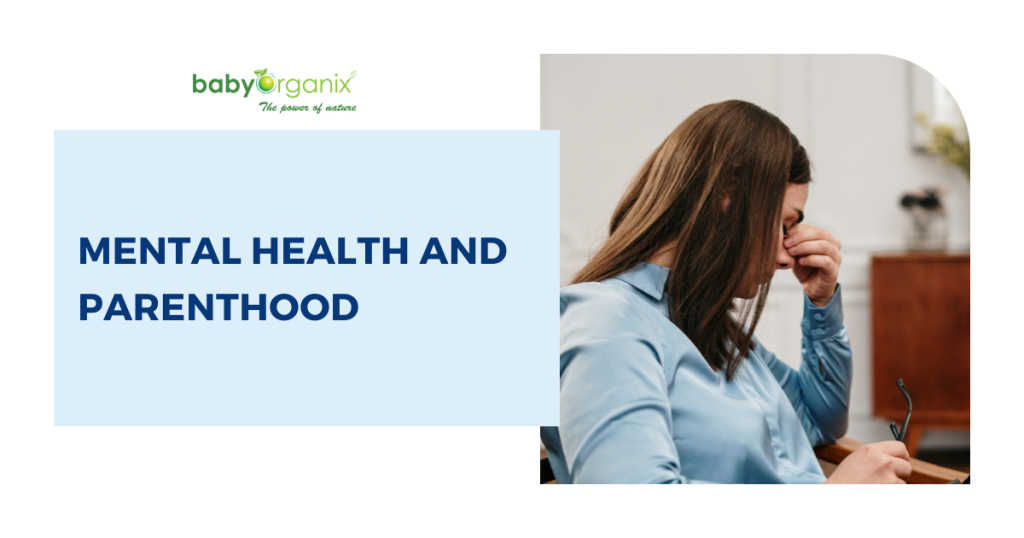Latest News
Mental Health and Parenthood
Talking About Mental Health and Parenthood
Let’s talk about mental health for parents out there. It is not an easy topic to discuss. Why? This is because we have the stigma where every parent should be strong, healthy and capable so they can raise their children. When they first become parents, everyone has expectations about how life is going to be.
Images on the media, TV and movies have given us the perfect picture of parenthood, family and relationship. In real life, parenthood can be really different. Talking about mental health is something many new and expecting parents are afraid of, often because they fear they will be seen either as a bad parent or a failure.
But if we keep on holding on to these kinds of beliefs, we will miss out a lot of opportunities on how we can improve ourselves and also give better to our children. We at BabyOrganix understand the importance of looking after your mental health and of not being afraid to speak up and talk about it.
Signs and Symptoms of a Mental Health Issue During Pregnancy
There is so much happening to your body during pregnancy. It is normal that you may overlook your own mental health because you’re too focused to be a parent. On top of this, people don’t recognise the signs and symptoms of a mental health issue or where they can go for help.
Some of the signs to look out for during pregnancy:
- Anxious
- Feeling overly worried
- Constant feeling of stress
- Panic attacks
- Trouble sleeping
- Recurring negative thoughts
There are also several practical worries that many parents experience during this time. Issues like finance, health, relationships and work can affect your mental health. You might well feel any or all of these symptoms at some time during your pregnancy, but if you are repeatedly having these feelings or they just won’t go away, then it’s time to talk to your doctor.
Meaningful Self-Care for Parents
There are many articles out there teaching and guiding you in how to cope. This is not one of those articles. This time, we want to dive deep in understanding why some of us are facing these issues.
When it comes to self-care, you need to ask yourself this question. Know that you deserve to ask about this. There is no one right answer. Every mother’s situation is different. So the question “what I really need?” can be unique for each individual due to different cultures and socioeconomic status, different bodies, different childhood.
Find your tribe and connection. Your partner, family, friends and maybe a therapist can help you to navigate the challenging time. Relationships change once we have children, and it can be more challenging to maintain our friendships or find the time to spend with loved ones. Even a small support can mean everything when we are moving through a major life transition.
Where to go for help?
BabyOrganix wants you to know that it’s okay to ask yourself what you truly need, lean in, and listen like you would for your precious child. If you are feeling overwhelmed all the time, remember to ask for help. Seeking help as early as possible is the best way to avoid any long-term effects on a parent’s mental health and family relationships.
